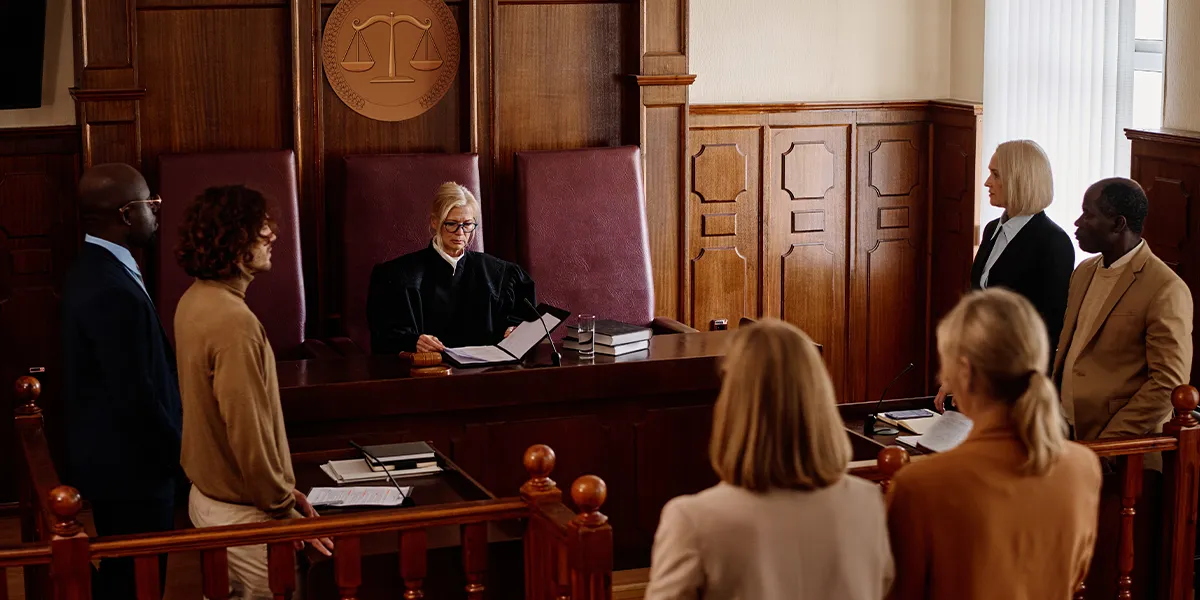
When you file a personal injury lawsuit in New York, one of the most important steps in the litigation process is the deposition. This is a key part of what lawyers call “discovery” — the phase where both sides exchange information about the case before it goes to trial.
Understanding what a deposition is and how to prepare for it can make all the difference in protecting your rights and strengthening your claim.
What Is a Deposition?
A deposition is a sworn, out-of-court testimony given by a party or witness in a lawsuit. It takes place in the presence of a court reporter, who records every word said under oath. The testimony is then transcribed into a written record that can be used later at trial.
Both sides — the plaintiff and the defendants — have the right to take depositions. In personal injury cases, this often includes:
- The plaintiff, who describes how the accident happened and the injuries sustained.
- Defendants, such as property owners, employers, or drivers, who explain their version of events.
- Witnesses, including persons who saw and were present at the time of the incident and others who have material information about the damages or the conditions that caused the incident.
- Experts, in certain types of cases, including doctors or construction accident specialists.
Why Depositions Matter
- Preserving Testimony – Witnesses may not be available or remember details months or years later.
- Evaluating Credibility – Lawyers assess how a person will appear to a jury.
- Building the Case – Attorneys use deposition testimony to support or challenge claims about fault, damages, and causation.
How to Prepare for Your Deposition
Your attorney will guide you through every step, but here are key points to keep in mind:
1. Review the Facts
You’ll go over prior statements, medical records, photographs, video, and accident details with your lawyer. You should be familiar with what you’ve already said in any reports or paperwork. Reviewing your case documents carefully helps ensure accuracy and confidence during testimony.
2. Tell the Truth
You’re under oath — honesty is crucial. If you don’t remember something, it’s perfectly fine to say “I don’t recall.” Never guess or speculate. Inconsistencies can hurt your credibility and affect your injury claim.
3. Keep Answers Short and Clear
Answer only the question asked. Avoid volunteering extra information or explaining unnecessarily.
4. Stay Calm and Professional
Defense attorneys may ask difficult or repetitive questions. Staying composed helps your credibility. Remember, your behavior during the deposition can influence settlement negotiations in your slip and fall or workplace injury case.
5. Listen to Your Lawyer
Your attorney can object to improper questions and may instruct you not to answer in certain situations. Always pause briefly before answering to allow time for an objection.
Conclusion
Depositions can seem intimidating, but with careful preparation and experienced legal counsel, they become an opportunity — not a risk. A skilled personal injury attorney ensures your testimony is truthful, consistent, and compelling.
At Grandelli & Eskenasi, our attorneys have extensive experience preparing clients for depositions and handling every stage of litigation in construction accident and serious injury cases. To schedule a consultation, contact our New York office today.
